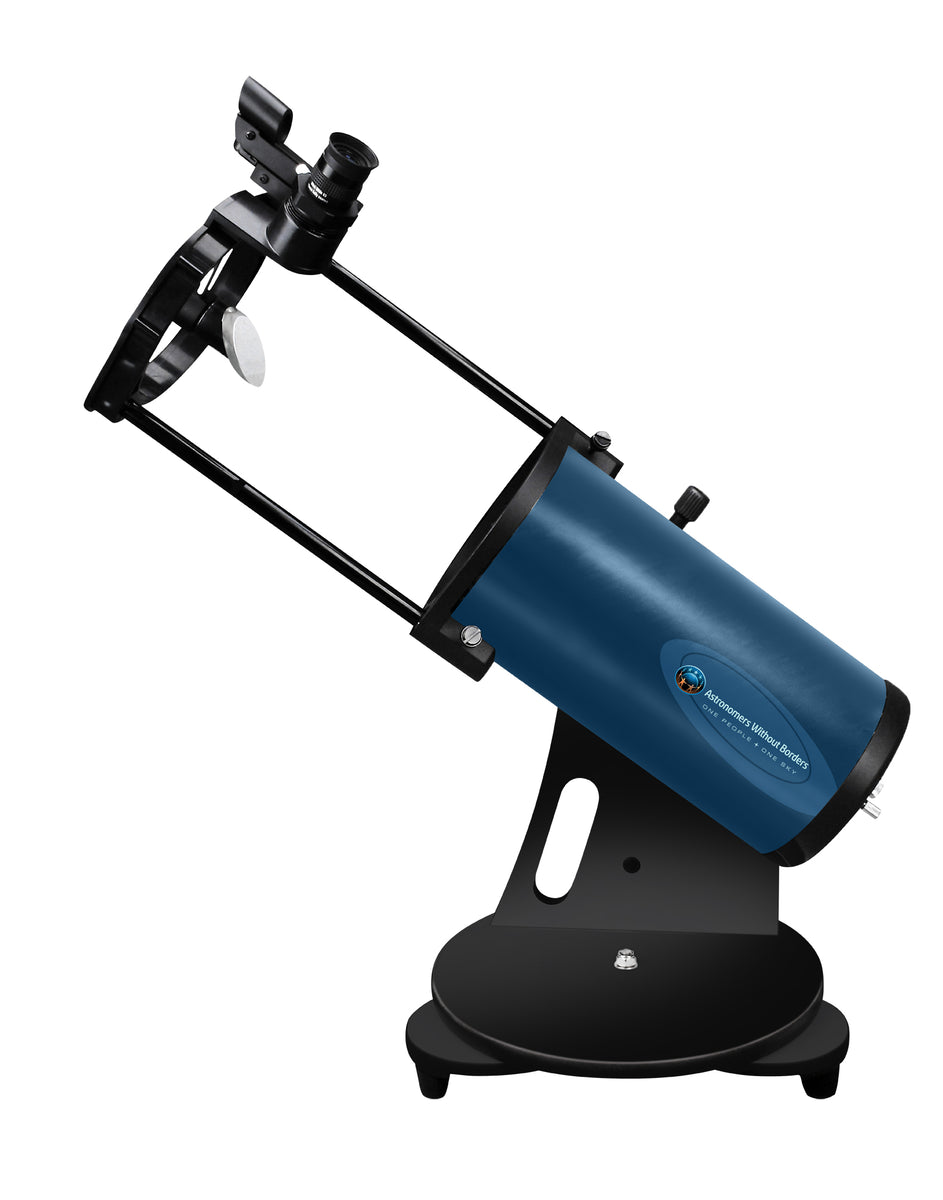I realize this is a shooting site, but I’m sure some of you guys dabble in this..
So last night I saw that Jupiter and Saturn were hanging out by the moon and just for the heck of it put my cheap spotting scope on a tripod and looked at them both.
I was actually able to see 3 moons of Jupiter and the rings of Saturn, I showed the kids and wife and they were really excited about it. To be honest I was a little awed by it myself, the vastness and beauty of God’s creation.
Anyways, the kids mentioned getting a family telescope for the desert night sky and I think I’m down with that.
Can anyone point me in the direction of a telescope about $600 or less that will let me look at the planets and further star clusters with some pretty good clarity. I don’t want to drop serious coin just for my kids to get bored with it. Don’t want a “go to” computerized model, I’ll find the stars myself.
Thanks!
So last night I saw that Jupiter and Saturn were hanging out by the moon and just for the heck of it put my cheap spotting scope on a tripod and looked at them both.
I was actually able to see 3 moons of Jupiter and the rings of Saturn, I showed the kids and wife and they were really excited about it. To be honest I was a little awed by it myself, the vastness and beauty of God’s creation.
Anyways, the kids mentioned getting a family telescope for the desert night sky and I think I’m down with that.
Can anyone point me in the direction of a telescope about $600 or less that will let me look at the planets and further star clusters with some pretty good clarity. I don’t want to drop serious coin just for my kids to get bored with it. Don’t want a “go to” computerized model, I’ll find the stars myself.
Thanks!



